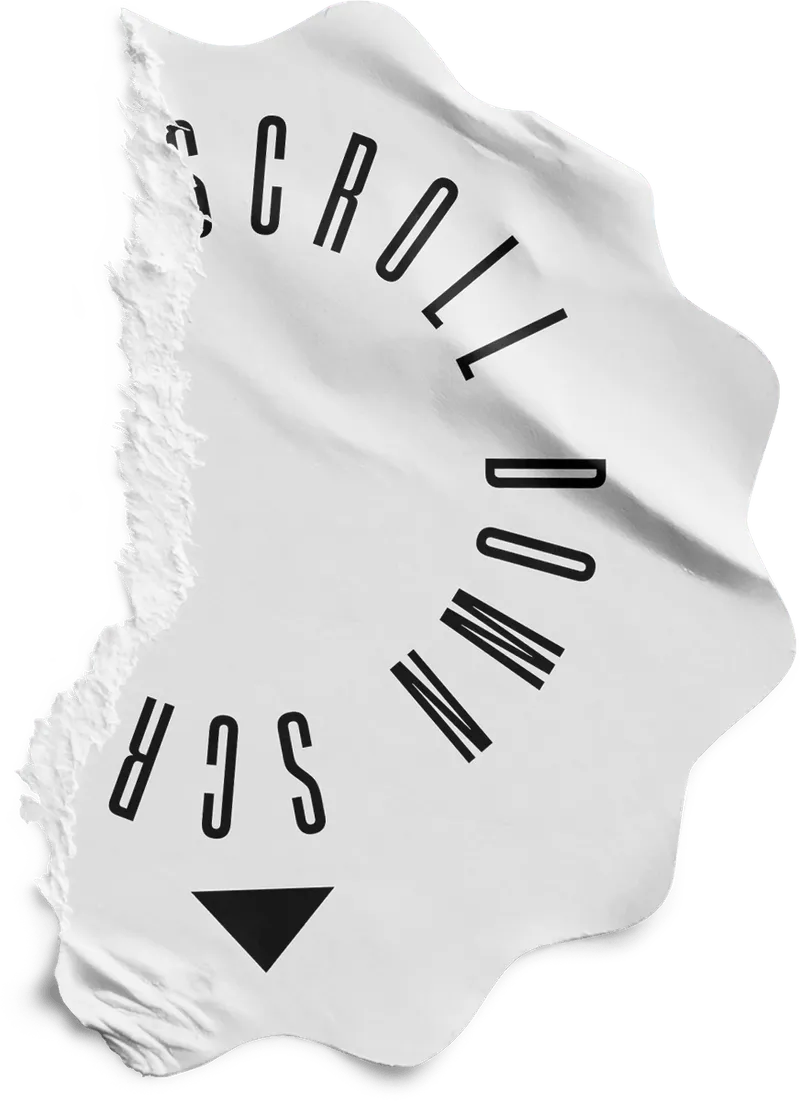
How Therapists Can Use AI to Track Progress and Deliver Better Care (Without Breaking Confidentiality)

🧠 How Therapists Can Use AI to Track Progress and Deliver Better Care (Without Breaking Confidentiality)
Therapists and mental health professionals juggle more than just sessions. There are notes to write, follow-ups to schedule, forms to collect, and endless documentation. It’s exhausting—and sometimes it gets in the way of what matters most: being present with clients.
The good news? With the rise of secure, private AI tools, it’s now possible to automate parts of this process without compromising confidentiality or client trust.
Here’s how you can ethically and securely bring AI into your practice.
🔐 Step 1: Secure Session Note-Taking
The problem: Writing notes during or after sessions is time-consuming, and key insights often get lost.
The AI solution: Use tools like Swell AI or a HIPAA-compliant transcription platform to record short voice memos after sessions (not full recordings). These notes can then be summarized securely by a local AI model.
How it works:
- Record a 2-minute post-session recap
- Upload it to an encrypted Google Drive folder or EHR-connected system
- AI summarizes themes, progress, and follow-up reminders
- Notes are stored in your private Airtable or Notion workspace
✅ Data stays secure, with nothing leaving your HIPAA-compliant system.
🧠 Step 2: Track Client Patterns & Mood Over Time
The problem: It’s hard to see long-term emotional progress across multiple clients.
The AI solution: Create secure journaling prompts or weekly check-ins using Typeform or Tally.so, connected through Make.com or Zapier.
How it works:
- Clients complete short reflections (daily/weekly)
- Responses are stored privately in Airtable or Notion
- AI analyzes entries for themes (mood, triggers, progress)
- Dashboards highlight positive/negative changes
- You receive alerts like: “Client X has expressed heightened anxiety 3 days in a row.”
This gives you actionable insights before your next session.
🤖 Step 3: Personalized AI Support Between Sessions
The problem: Clients often need encouragement or reminders between appointments.
The AI solution: Build a private, resource-trained assistant that’s available 24/7.
What it can do:
- Answer FAQs with strategies you provide
- Suggest coping mechanisms, journal prompts, or breathing exercises
- Provide summaries of techniques already covered
- Direct emergencies to you or 911
⚠️ Important: This is a supplemental tool, not a replacement for therapy.
📄 Step 4: Automate Admin & Billing
The problem: Admin tasks eat up time you could spend helping clients.
The AI solution: Byrdie AI connects tools like Calendly, Stripe, Google Calendar, and Gmail to automate:
- Client onboarding + intake forms (DocuSign or Jotform)
- Consent form collection
- Automated invoicing + payment reminders
- Personalized follow-up scheduling
Less paperwork. More focus on care.
🧩 Recommended Tools for Therapists
- Voice notes & summaries: Swell AI, Whisper, encrypted Google Drive
- Journaling & mood tracking: Airtable, Tally.so, Make.com
- Client chat support: Voiceflow + GPT API with your resources
- Admin + scheduling: Calendly, Stripe, Zapier
- Secure storage: Google Workspace (HIPAA-enabled), Dropbox for Business
💡 The Bottom Line
AI isn’t here to replace therapists. It’s here to reduce the noise, streamline the admin, and surface insights that help you deliver even better care.
By automating the repetitive tasks, you free up time and energy to focus on your clients—the part of the job that only you can do.
👉 [Book a consultation with Byrdie AI] and let’s build a private, ethical automation system tailored to your practice.

Custom CRM & Segmentation
AI, Automation, CRM

Sales & Lead Generation Systems
AI, Automation, Sales

Onboarding & HR Automation
AI, Automation, HR
Premium

No-Code Website Automations
AI, Automation, Websites
